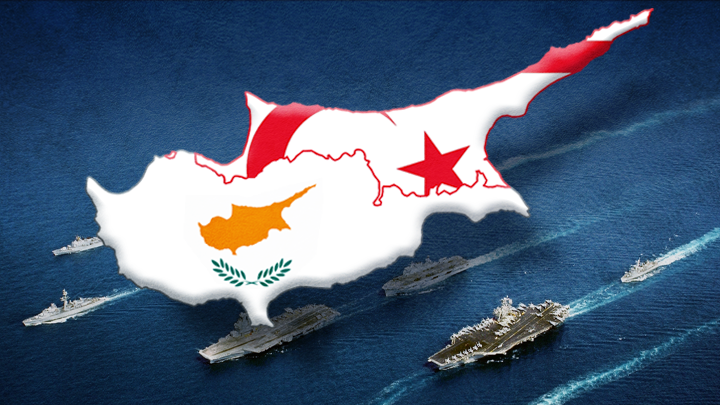Let’s put everyone’s mind at ease: under no circumstances can Türkiye be separated from Cyprus.
Let’s put everyone’s mind at ease: under no circumstances can Türkiye be separated from Cyprus.
(Editorial note: This article has been written prior to yesterday’s presidential elections in the Turkish Republic of Northern Cyprus. It maintains its actuality due to its structural and long-term analysis, UWI.)
By Prof. Dr. Ata Atun / Member of the Advisory Board to the President of Turkish Republic of Northern Cyprus
Presidential elections in the Turkish Republic of Northern Cyprus (TRNC) are on October 19.
Current President Ersin Tatar advocates for the idea of a “two-state solution based on sovereign equality and international recognition” while his opponent that of “federation between the Greek Cypriot Administration of Southern Cyprus and the Turkish Cypriots”.
From time to time, certain voices emerge claiming that if the two-state solution based on international recognition and sovereign equality is accepted, then Türkiye, the guarantor since the 1960 Constitution of the Republic of Cyprus, would become the guarantor of the Greek Cypriot Administration of Southern Cyprus, which is regarded by UN Resolution 181 on March 4, 1964, as the continuation of the 1960 Republic of Cyprus. As a result, they go on, Türkiye would no longer be the guarantor of the TRNC, and it would be left without any guarantee. These claims are absurd.
Those who are unaware of the TRNC’s political history, or unable to read and research, try to spread these kinds of baseless claims during election periods to confuse the public and gain more votes.
Türkiye’s role as guarantor
Let’s put everyone’s mind at ease: under no circumstances can Türkiye be separated from Cyprus. Türkiye, as a guarantor of the 1960 Republic, will continue to be the guarantor of the Turkish Cypriots under a two-state solution.
How so? The 2001 Türkiye–TRNC Security Cooperation and Military Assistance Agreement forms the backbone of military and security cooperation between the two states. According to this agreement, if the TRNC were to face any armed attack, Türkiye, as its guarantor, has the right to consider such an attack as directed at itself and to immediately intervene and respond militarily. In other words, under this agreement, Türkiye is obliged to ensure the TRNC’s security and provide assistance in areas such as counterterrorism.
Steps taken after 1974
Going a bit further back: after the Second Peace Operation ended upon the UN’s call on October 1, 1974, the existing Provisional Turkish Administration of Cyprus was replaced by the Autonomous Turkish Administration of Cyprus (OKTY).
Among the first decisions taken by this new administration was to sign the Agreement on the Status of the Turkish Armed Forces (SOFA) with the Republic of Türkiye.
International law and the principle of protecting independent states
Moreover, there is the Principle of Protecting Independent States in international security law. According to this, the Republic of Türkiye has the right to safeguard the sovereignty and territorial integrity of the TRNC within the framework of international law.
The legal basis of Türkiye’s security cooperation and military support for the TRNC rests both on its guarantor rights under the Zurich and London Agreements, on the 2001 Security Cooperation Agreement and also on the right of self-defense and the principle of protecting independent states which are among the fundamental principles of international law.
As can be seen, Türkiye’s presence in Cyprus is reinforced not only by the signatures placed in 1959, but also by the agreements concluded after the Peace Operation in 1974. Therefore, the claim that “if a two-state solution is accepted, the TRNC will be left without a guarantor” is completely devoid of logic.

















Leave a Reply